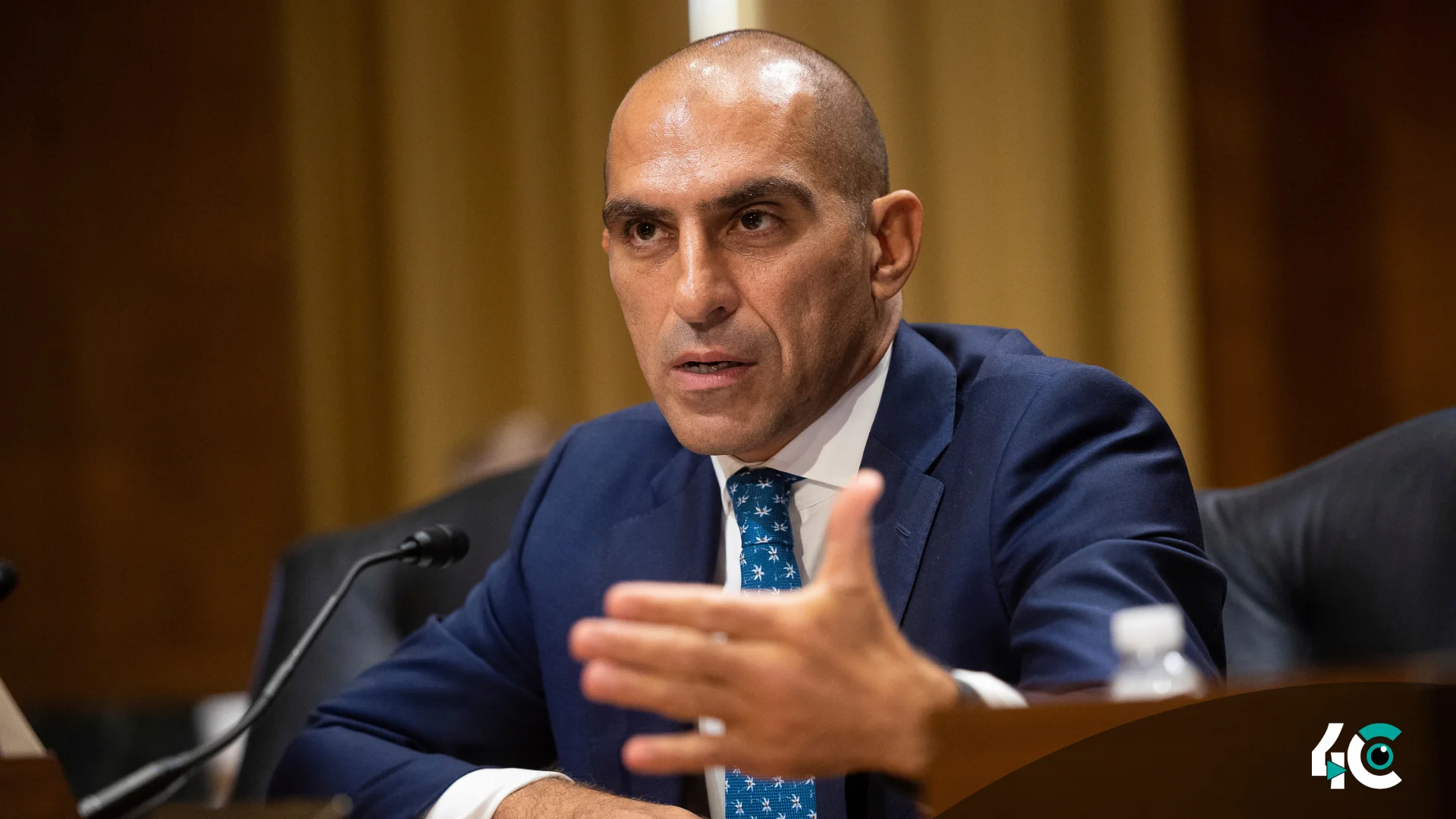Particularly those linked to election-related betting, the U.S. Commodity Futures Trading Commission (CFTC) is closely examining bitcoin prediction systems. Under Chair Rostin Behnam, the CFTC has advised platforms such as Polymarket, offering derivatives contracts to American consumers, to follow rules or risk possible enforcement proceedings.
Behnam underlined in a July 17 debate at the Georgetown Psaros Center for Financial Markets and Policy that the CFTC is closely observing offshore facilities serving U.S. consumers. He underlined that legal action will follow any non-compliance with legal criteria. “We will use our enforcement power to handle the matter should platforms like Polymarket participate in illegal activities,” Behnam said.
Following recent enforcement activities against Polymarket, which settled with the CFTC in January 2022 for $1.4 million for running unregistered binary option markets, this heightened awareness follows. The portal had been providing more than 900 event-based markets devoid of required registrations.
Under the CFTC’s investigation there are other blockchain-based prediction markets that have attracted prominence due to rising interest in the 2024 presidential contest. With Polymarket alone seeing almost $930 million on the presidential election winner and $208 million on the popular vote winner, these platforms have drawn notable wagers.
Apart from keeping an eye on Polymarket, the CFTC has lately struggled in its legal battles; it lost partially in its lawsuit against the prediction site Kalshi. The court decided that by trying to halt Kalshi’s election markets, the CFTC had exceeded its power. Still, the stay order of an appeals court caused Kalshi’s markets to be temporarily closed.
Behnam further pointed out that although the CFTC is mostly concerned with controlling these prediction markets, they have to guarantee adherence to the Commodity Exchange Act, which forbids some transactions connected to delicate subjects like elections. This legislative posture seeks to avoid any hazards connected to betting connected to elections.
legislative attempts to control how crypto prediction markets affect public interests and election integrity.
































